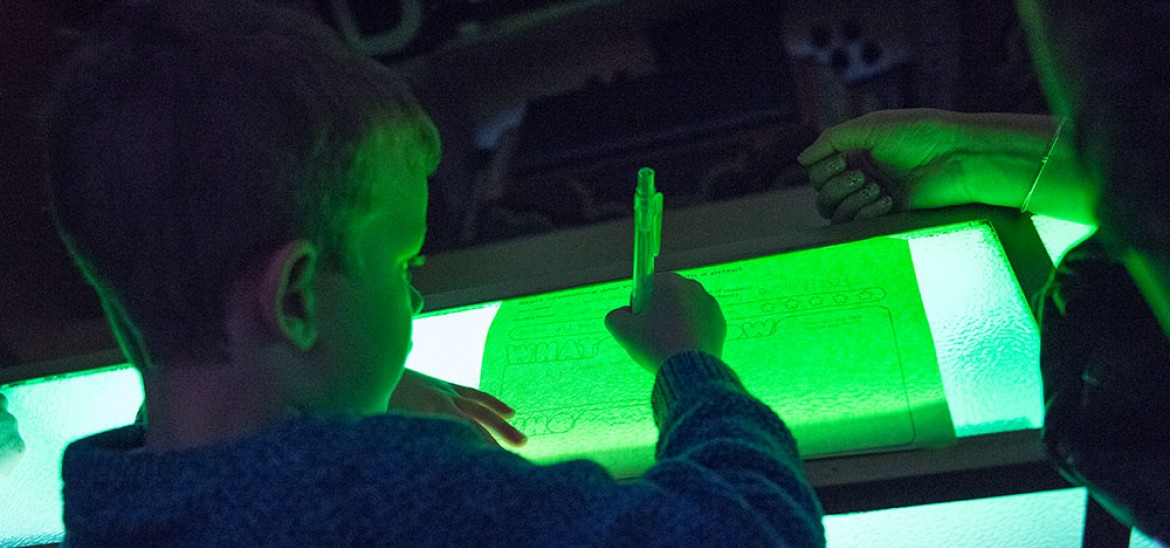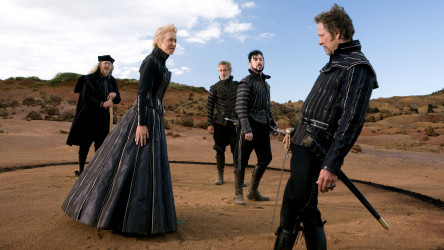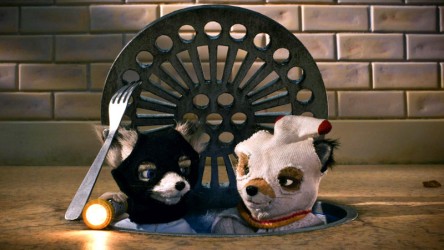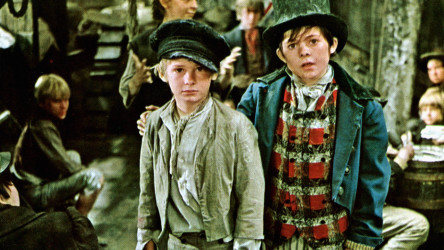Into Film Clubs
Find out everything you need to know about starting an Into Film Club.



Five years ago, we took the decision to start incorporating film into our teaching at Barndale House - a small special school in Northumberland. While we only have five class groups for pupils aged 3 to 19, a proportion have multiple and profound learning difficulties and/or disabilities. Using film had a profound and positive impact on their learning.
One area where LDD students struggle is in History. For many of our students, the past is a difficult concept. Using film made the subjects more real for them, and helped them answer questions about what life was like in different periods. We used Gladiator at KS4 level when studying the Romans, and Elizabeth for studying the Tudors.
Similarly, we have used films to discuss the difference between fiction and non-fiction/real and imaginary - which can be a very difficult concept for some of our pupils.
I showed clips from The Tempest with older students in English to help introduce the characters and set the scene. Other films used to support literacy on a regular basis are A Christmas Carol, Romeo+Juliet, Charlie and the Chocolate Factory, Fantastic Mr Fox, The Lion the Witch and The Wardrobe, Treasure Island, Oliver and The Very Hungry Caterpillar.
As well as watching full films, we've managed to incorporate using film clips and stills into our teaching, which has also borne fruit. In English and Literacy most of our pupils are unable to read and hearing something verbally isn't enough - they need a visual reference to be able to relate to a character or understand and remember a story. Sometimes we watch a clip, then from it develop a role play - often pupils will use vocabulary they heard in the clip, or mimic expression or tone of voice adding more detail to a characterisation.
We also use film stills and ask pupils either in a group or, if they can write, individually - to sequence them to retell a story, or to add dialogue in the form of speech bubbles. Film clips can help pupils develop their prediction skills by thinking about what might happen next in a story. They can be used as a method of developing group composition activities or of coming up with alternative plot lines which can then be acted out or developed as a group.
As well as using film in lessons we run two optional lunchtime film clubs - one primary and one secondary. Taking suggestions from pupils as to which films we order and watch gives them a sense of ownership. Seats are arranged informally or pupils lie on bean bags on the floor. On special occasions we show films in our sensory room projected onto the wall or ceiling. Following a film club screening we have a very informal discussion about the film - for those pupils who are non verbal we have a set of symbols or use signing to help them to contribute, and for those who can form written sentences, writing reviews has helped to develop descriptive and report writing.
All this has benefited pupils' confidence, communication and social skills. Crucially, they feel motivated by film, and enjoy the opportunity to share their favourites with staff and friends, engendering a greater sense of community within the school.

Stream on Into Film+
An intriguing adaptation of Shakespeare's final and most mystical play.
Certificate

Stream on Into Film+
Stop-motion animation version of Roald Dahl's woodland tale that combines a beautiful old-fashioned aesthetic with Wes Anderson's trademark dialogue.
Certificate

Stream on Into Film+
Musical version of the famous Charles Dickens novel about the adventures of a Victorian orphan who falls in with a London street gang.
Certificate
Viewing 4 of 4 related items.

Find out more about our streaming service, designed specifically for UK schools.